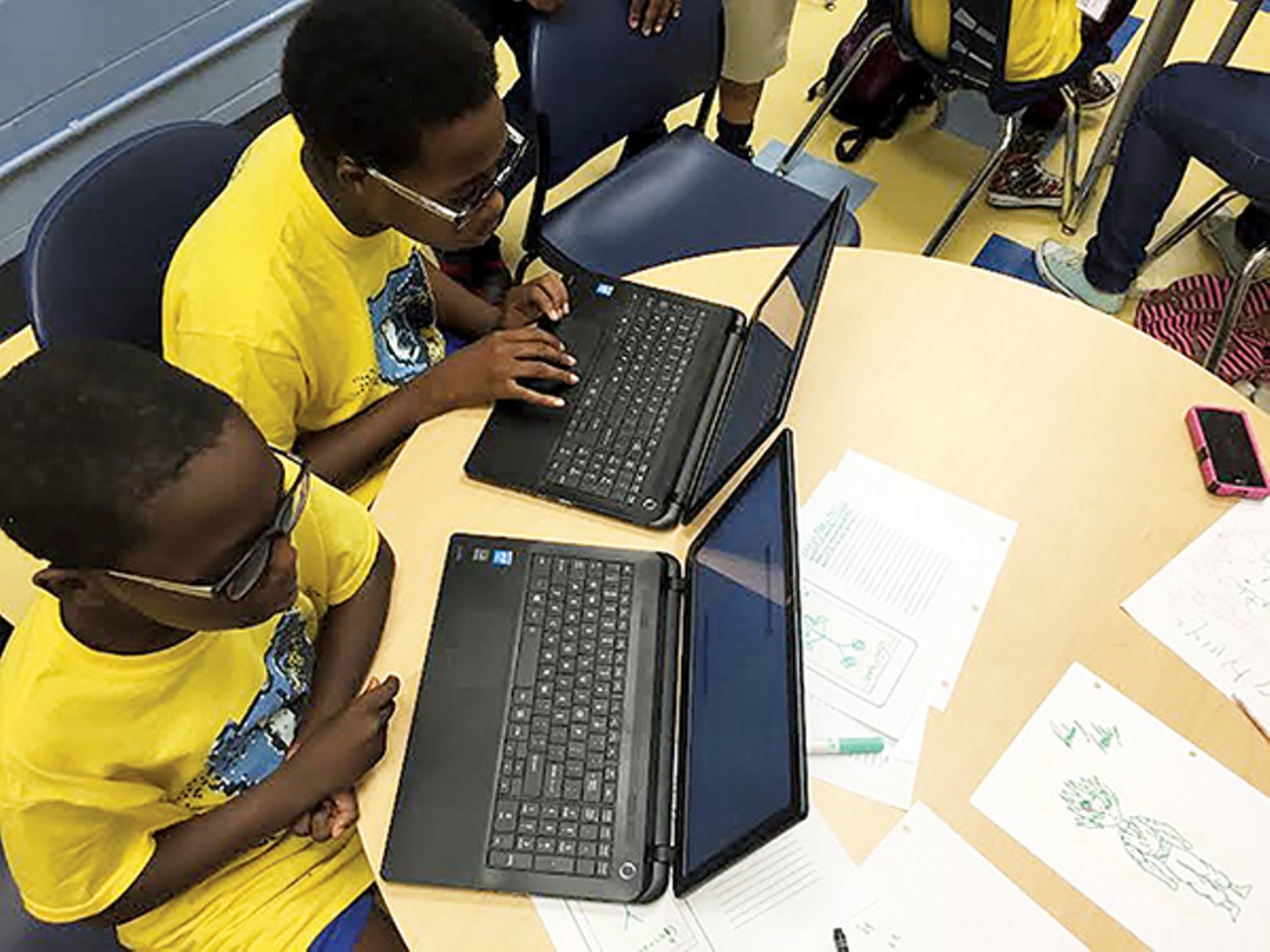Memphis-based nonprofit CodeCrew will team up with the Salvation Army on Monday, November 14th for Family Code Night.
According to CodeCrew, this event brings together “underrepresented mothers and children,” to not only gain exposure to the world of computer science, but to show how coding can be used as a form of self expression.
Meka Egwuekwe, co-founder and executive director of CodeCrew, said that this program is a direct result of a partnership that they have with the Scratch Foundation. The foundation makes coding software Scratch accessible to children.
According to Egwuekwe, computer science is accessible to kids and they can learn it, but they need to have exposure to it, which is where CodeCrew steps in.
“Any kid can learn coding and computer science, which is why we work so hard at the state level to ensure that every elementary, middle, and high school in Tennessee not only offers computer science, but middle and high school students are required to take computer science starting in 2024,” said Egwuekwe.
While Egwuekwe believes that children can learn computer science and coding, he also believes that it is not widespread enough. He said this is why CodeCrew works to not only expose kids to these things, but also provide mentorship for them as well.
“It’s not as accessible as it needs to be, but that is moving in a positive direction in our state,” he said.
Egwuekwe said his organization connected with the Salvation Army to do family code night events, which he describes as “two-generational events,” where kids and their parents learn and engage in coding activities.
“The kids especially, oftentimes have an opportunity to show their parents things,” said Egwuekwe. “Kids and their parents are inspired to consider and see coding and computer science as a pathway for themselves.”
As they get older, kids will have the opportunity to “see themselves as producers of technology,” while adults are presented with career changing opportunities.
According to Egwuekwe, the relationship that CodeCrew has with the Salvation Army is special because of the community that they both serve, such as kids and mothers who are “escaping the trauma of domestic violence.”
“Kids are learning to code, and learning to use Scratch is a great platform for telling stories, to express themselves culturally,” said Egwuekwe. “They’re demonstrating that skill, not only that they’re learning it, but doing it in conjunction with their parents. We totally bought into this idea that when kids and their parents do these kinds of activities together, it’s reinforcing for the kids, a growth opportunity, and opening these doors, but reinforcing those bonds between the kids and their parents.”
CodeCrew was founded with the idea of convincing kids and adults from underrepresented groups to see themselves as tech producers, said Egwuekwe. He also said that the specific population of those who have been “traumatized by domestic violence,” is often overlooked, and is considered an afterthought.
“Additionally we saw we had the potential for the greatest impact,” said Egwuekwe. “This is an opportunity for kids, especially, to have a little slice of normalcy. That’s also an educational opportunity, but a slice of normalcy in what’s been undoubtedly a traumatic experience for them and their families.”
Egwuekwe said that he hopes that this event will get kids and parents excited about computer science, while also showing them that this is a “viable pathway for them.”
